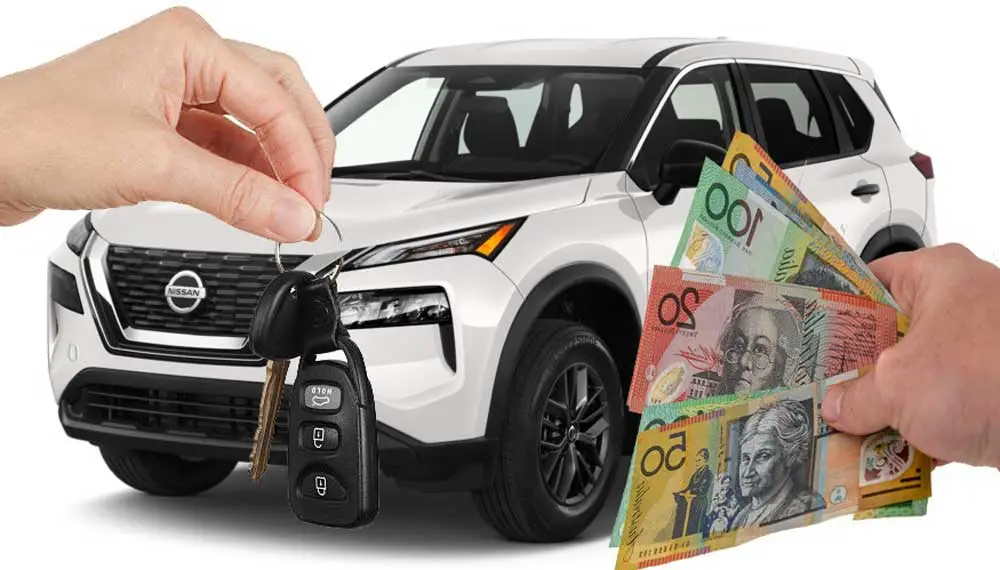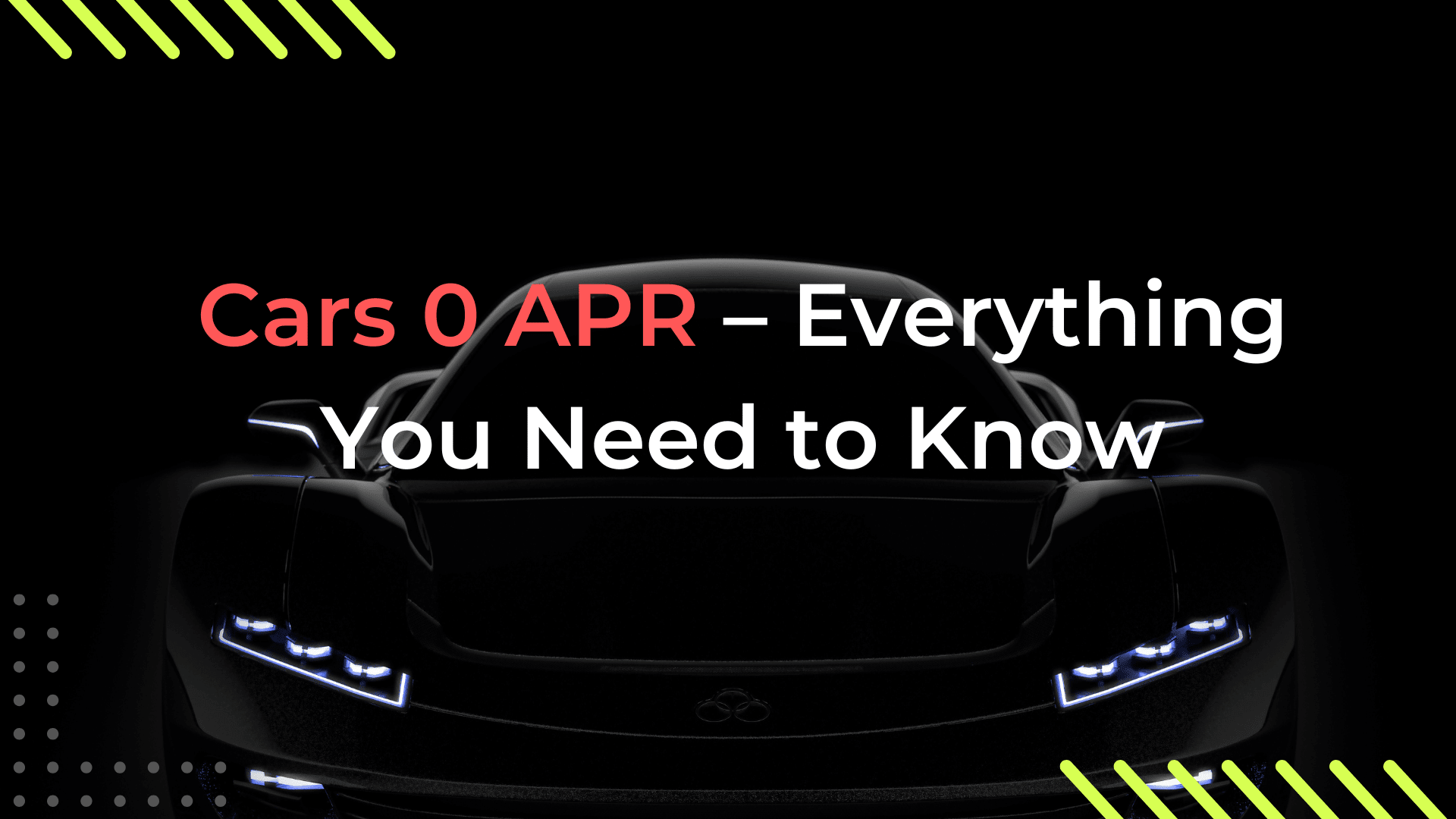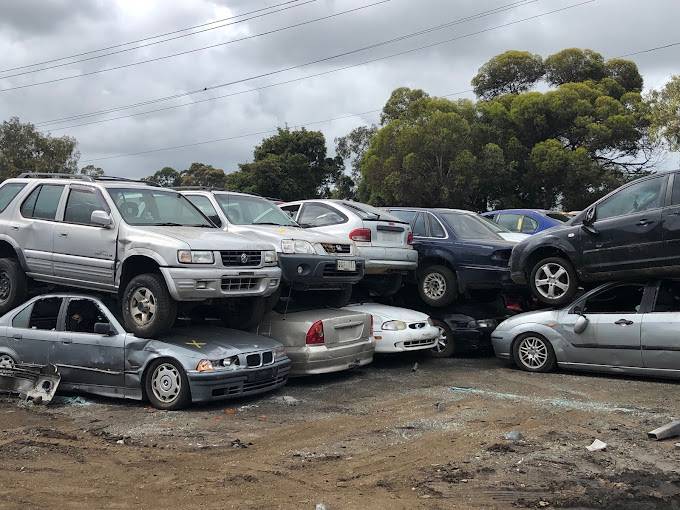Selling a car for cash can seem like a simple process, especially when dealing with private buyers. Many people choose this option because they believe they can negotiate a better deal and avoid middlemen. However, selling directly to an individual comes with certain risks that can lead to financial loss, legal trouble, or personal safety concerns. Before handing over the keys, it is important to understand these risks and take the necessary precautions.
1. Payment Fraud
One of the biggest concerns when selling a car privately is the possibility of payment fraud. Some buyers may offer fake bank transfers, counterfeit cash, or bounced cheques. Since car sales often involve large amounts of money, scammers take advantage of sellers who are unaware of fraudulent tactics.
To avoid this, sellers should always verify payments before completing the transaction. The safest way is to accept payments through bank transfers that clear instantly or request cash deposits made directly at a bank. Handing over the car and paperwork only after confirming the payment reduces the risk of losing money.
2. Meeting Unknown Buyers
When selling a car privately, there is a need to meet strangers, often at home or in public locations. This can be a security risk, especially when dealing with people who may not have good intentions. There have been cases where sellers were tricked into meeting buyers only to be robbed or threatened.
To stay safe, it is always best to arrange meetings in well-lit, busy areas such as shopping centre car parks or outside police stations. Bringing a friend or family member along can also act as a deterrent to any suspicious activity.
3. Time-Consuming Process
Selling a car privately is rarely a one-day process. It often involves multiple inquiries, messages, and calls from potential buyers who may not even be serious. Some will make unrealistic offers, while others may set up a meeting but never show up.
Dealing with these delays can be frustrating, especially when trying to sell the car within a specific time frame. Posting ads, responding to messages, arranging test drives, and negotiating prices take time, and there is no guarantee of a sale happening quickly.
4. Risk of Fake Identity and Scams
Not all buyers provide accurate information about themselves. Some may use fake names, phone numbers, or even stolen identification to avoid being tracked after committing fraud.
To protect against this, it is wise to verify the buyer’s identity before proceeding with the sale. Checking their driver’s licence and ensuring it matches their details can help confirm that they are genuine. Avoid sharing personal information such as home addresses unless absolutely necessary.
For more details, visit: https://melbournecash4carz.com.au/car-wreckers/
5. Legal Complications and Liability Issues
Once a car is sold, the seller must ensure that the registration and ownership details are transferred properly. Failing to do so may result in fines, as the seller could still be held responsible for any traffic violations or accidents involving the vehicle.
In some cases, buyers may claim the car had undisclosed issues and demand a refund or threaten legal action. Writing a “sold as is” agreement and keeping records of all conversations can help protect the seller if any disputes arise later.
6. Test Drive Risks
Allowing a buyer to test drive the car before purchase is common, but it also comes with risks. Some buyers may misuse the vehicle, cause damage, or even steal it. Others might claim false injuries during the test drive and demand compensation.
To prevent these issues, sellers should always accompany buyers on test drives and hold onto their identification or a deposit as security. Ensuring the car has valid insurance coverage during the test drive is also important.
7. Unreasonable Bargaining and Pressure
Some private buyers use aggressive bargaining tactics to force a lower price. They may criticise the car, point out minor faults, or compare it to cheaper options to justify their offers. Others may pressure the seller into making quick decisions by claiming they have other options.
Setting a firm asking price and not giving in to unfair pressure can help sellers get a fair deal. It is always better to take time and wait for the right buyer rather than rushing into a sale that results in financial loss.
8. Selling Without a Proper Agreement
A written agreement is necessary when selling a car, as it protects both the seller and the buyer. Without it, misunderstandings can arise, leading to disputes over payment, condition, or ownership transfer.
A simple contract should include details such as the names of both parties, the car’s description, the agreed price, and a statement that the sale is final. Both parties should sign it, and the seller should keep a copy for future reference.
Thinking of Selling Your Car Without the Hassle?
While selling to private buyers may seem appealing, it is not always the best option due to the risks involved. Many people looking to sell your car Melbourne prefer a safer and more secure way to complete the process. Instead of dealing with unknown buyers, paperwork delays, and possible fraud, choosing a service that specialises in buying cars can make the process much smoother. This way, sellers can get a fair deal without the uncertainty of private sales.
Conclusion
Selling a car privately for cash comes with several risks, including payment fraud, security concerns, time delays, and legal complications. While some people manage to find genuine buyers, others face difficulties that make the process stressful. Taking precautions, verifying buyer details, and ensuring proper documentation can reduce these risks. However, for those looking for a safer alternative, considering other selling options may be a better choice.





